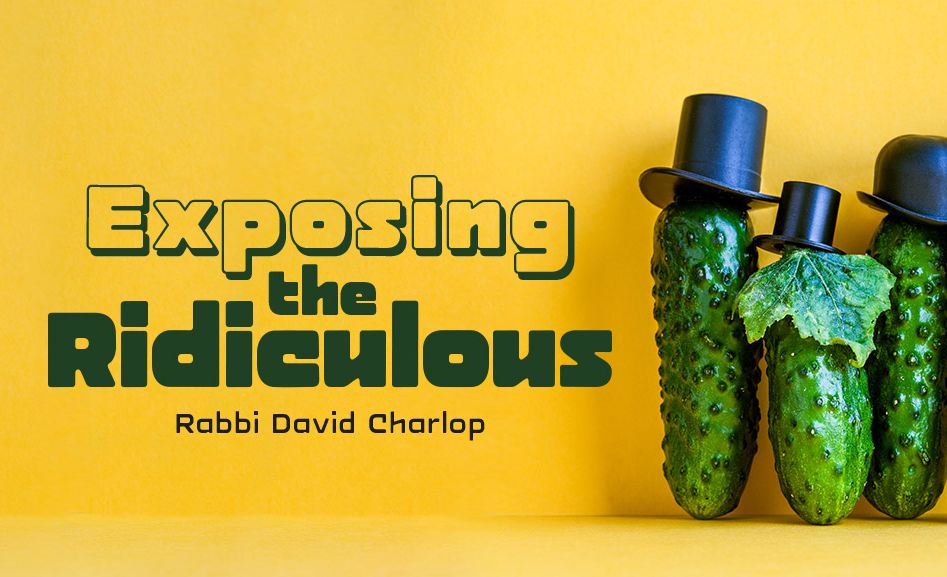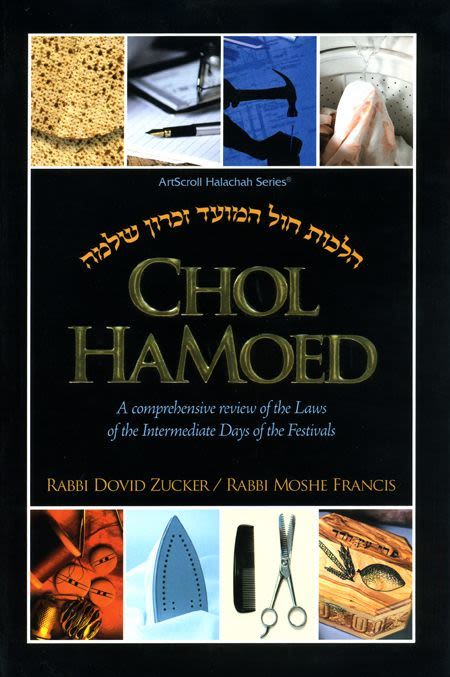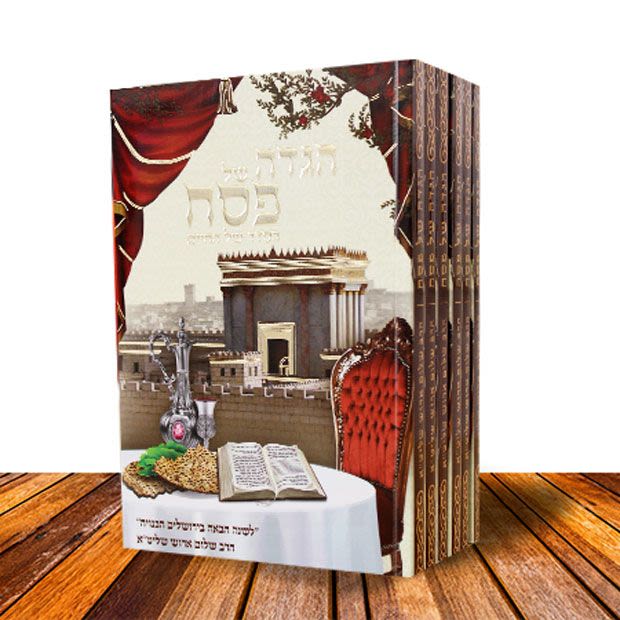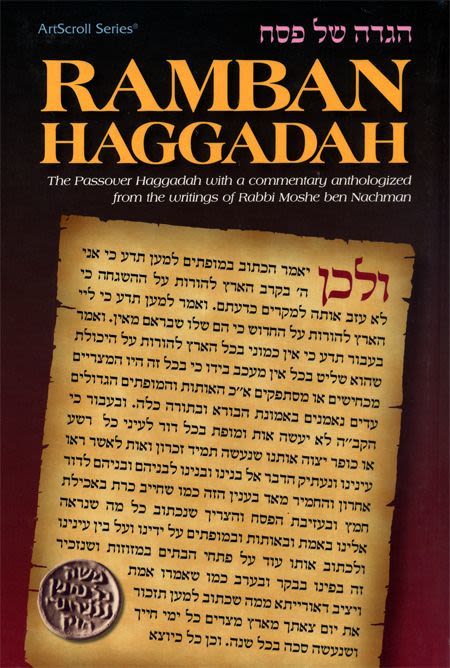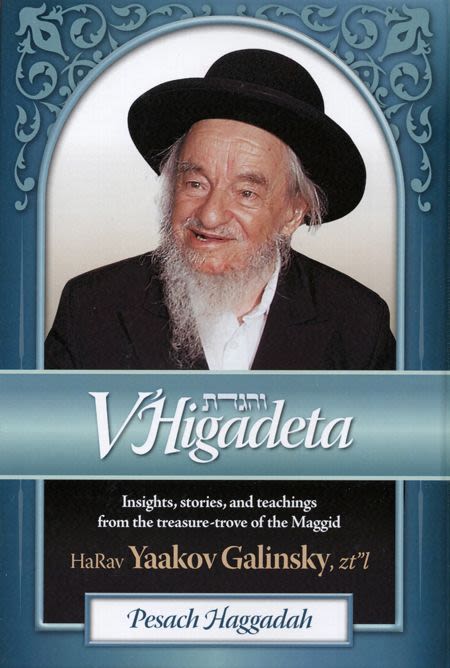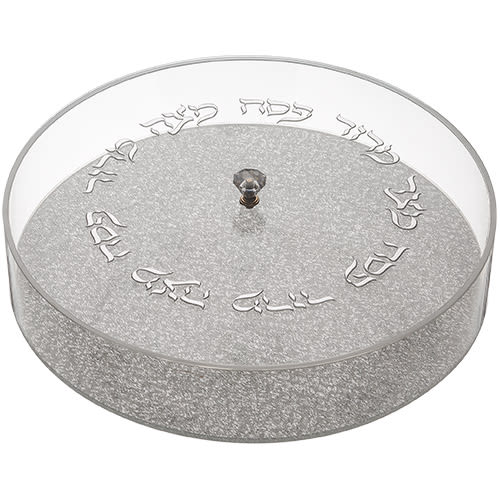
Shemot: Spiritual Energies
When we do a mitzvah we create a powerful, positive spiritual energy that shines in this world and the next; but the opposite is also true...

It’s always fun to be part of a winning team. Although we might feel bad for the loser and even enjoy a game well played, in the end of the day we like winners. Every year when we return to the book of Exodus and a second time during the holiday of Passover, we get to “enjoy” the victory of the Jewish people and the defeat of Pharaoh. We are thankful for being saved and seeing our enemy humbled.
Granted winning is fun, but sometimes the game isn’t really much of a game. In the story of the Exodus, Pharaoh and his people were decimated during the ten plagues and later at the crossing of the Sea. Of course, we have profound feelings of gratitude for our miraculous redemption, even so, why was it necessary to defeat Pharaoh in such a dramatic way? Couldn’t the Jewish people have gained their freedom without the “crushing defeat” of the Egyptians?
Let’s try to answer these questions by taking a tangent to discuss free choice as well as reward and 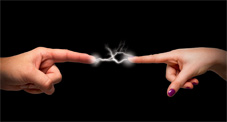 punishment and hopefully these issues will cast some light on our discussion.
punishment and hopefully these issues will cast some light on our discussion.
The Sages teach us in Ethics of the Fathers that “The reward for fulfilling a mitzvah (commandment) is a mitzvah and the reward for doing an aveirah (sin) is an aveirah.” According to the commentaries, the simple understanding of this teaching is that if someone performs a mitzvah, Hashem will bring about another commandment for him to fulfill. Since the person has shown his interest in Hashem’s will, He will provide him with more positive opportunities in the future. Conversely, if someone performs a prohibited act, he has shown his inclination to ignore the Divine mandate and Hashem will allow him to follow his chosen path and provide him with other opportunities for further misdeeds.
Rabbi Chaim of Volozhin (1749-1821) provides a penetrating insight into the entire subject of reward and punishment based on the above teaching. We usually look at reward and punishment like a young child and a parent. If the child is good, the parent will give him a treat and if not, he will be receive some sort of punishment. We assume that Hashem runs the world, more or less, in the same way. If we do what the Torah says then we get some sort of treat, either physical or spiritual, either in this world or the next, or both. And if we go against the Torah, then we get a “potch” from Our Father in Heaven.
Rabbi Chaim says that this reflects a misunderstanding of how the system really works. He explains that when we do a mitzvah we create a powerful, positive spiritual energy that shines in this world and the next. If we do the opposite, then this too creates an energy, but the converse. A dark and ugly spiritual force is brought into this world. These are not random rewards or punishments, they are merely outgrowths of being connected or disconnected to Hashem’s will and His Torah.
In order to clarify this idea, let’s use an analogy. For example, if someone hurts himself while cutting with a sharp knife, he may not understand why it happened, but he surely understands that knives cut. He won’t be annoyed or angry at the “injustice” of the knife being sharp and cutting him. That’s what happens with sharp blades. The spiritual world is similar. If a person keeps Shabbat or gives charity, etc., besides doing a nice thing he creates a spiritual reality of blessing that stays with him forever. And of course, the opposite is true. If someone misuses the system designed by Hashem, he becomes the creator of a world of spiritual darkness and emptiness.
But here’s the catch. In order to maintain free choice Hashem doesn’t let us see the outcome of our actions in this world, whether for the good or the bad. If He did, free choice would be all but impossible. The outcome of our choices are left, according to the Torah, for life after death, or as it is called, the next world.
However, there was one time in the history of mankind when Hashem “pulled back the curtain” and let the Jewish people and the Egyptian empire see the outcome of our and their choices. The plagues weren’t some arbitrary punishment, like a father hitting a child for a misdeed. It was an expression of the evil that Pharaoh and his people perpetrated on the Jews. He tried killing the Jewish firstborn and in response, the Egyptian firstborns died. This one time in history, Hashem taught the Jewish people and the whole world that whatever we do, positive or negative, is either building or destroying worlds.
The lessons of the ten plagues and the crossing of the Sea have stayed with us through our long exile. Based on the lessons of Egypt, we have lived with a deep faith in the repayment of both the righteous and the wicked for the good and bad they did. In short, Hashem didn’t “punish” the Egyptian oppressors. He just held up the historical mirror so they could see what they did and who they really are. And in that mirror they saw the suffering they caused in the form of the ten plagues.
Hashem knows the tribulations and incredible dedication of the Jewish people during its long history. May He hold up His mirror to us and in its reflection may we see the coming of the Moshiach, very, very soon.
* * *
Rabbi Dovid Charlop is on the teaching staff of the Neve Tzion Yeshiva in Telzstone, Israel.


